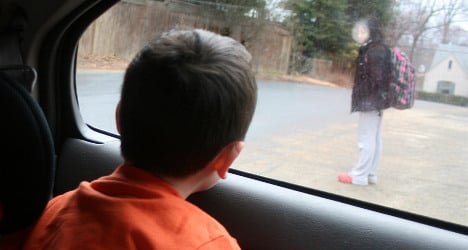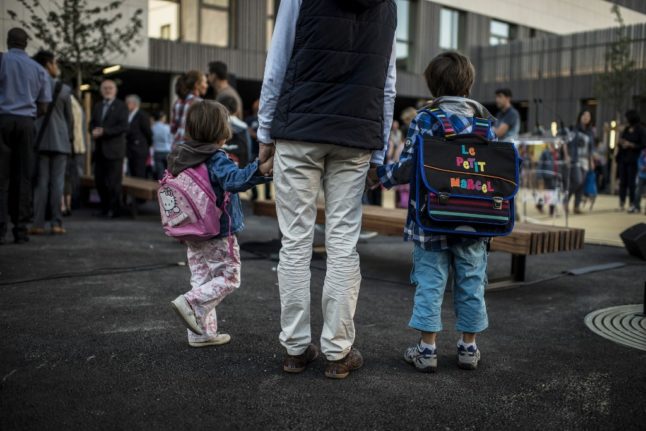Only 10 percent of Spanish children aged 11, 13 and 15 say they have been bullied in the previous 12 months, according to a Unicef study on child well-being in 29 of the world's richest countries.
This figure would seem to put Spain on par with Sweden and Italy in the bullying stakes.
At the same time, however, Spain was the only covered by the Unicef study where more than 50 percent of children said they had participated in a fight in the last 12 months.
It's a figure has been given added relevance after the suicide of a student in the town of Gijón in Astrurias after a suspected case of bullying, reported 20minutos on Thursday.
In that case, a 14-year-old girl from the town's Santo Ángel de Gijón committed suicide after what her family say was a clear case of bullying.
Educational psychologist Jesús Ramírez from Madrid's Fuentelarreyna College told the newspaper that bullying was on the rise "both among student of the same age and between older and younger children".
But Ramírez said it was "very difficult" to detect bullying when it often went on out of sight.
He said children were also unlikely to tell anyone that they were being bullied.
The education specialist added his centre ran a programme warning about the dangers of cyber-bullying for both parents and children.
In their report, meanwhile, Unicef stressed that bullying could lead to depression and school absenteeism among children.
The child welfare agency described bullying as "one student or a group or a group of students doing or saying bad or unpleasant things to another student of group of students".
Unicef's Child well-being in rich countries report measured development according to five dimensions of children’s lives – material well-being, health and safety, education, behaviour and risks, and housing and environment.
The study did not find a strong relationship between per capital gross domestic product and overall child well-being.
Slovenia ranked higher than Canada, the Czech Republic higher than Austria, and Portugal higher than the United States, said the reports authors.



 Please whitelist us to continue reading.
Please whitelist us to continue reading.
Member comments